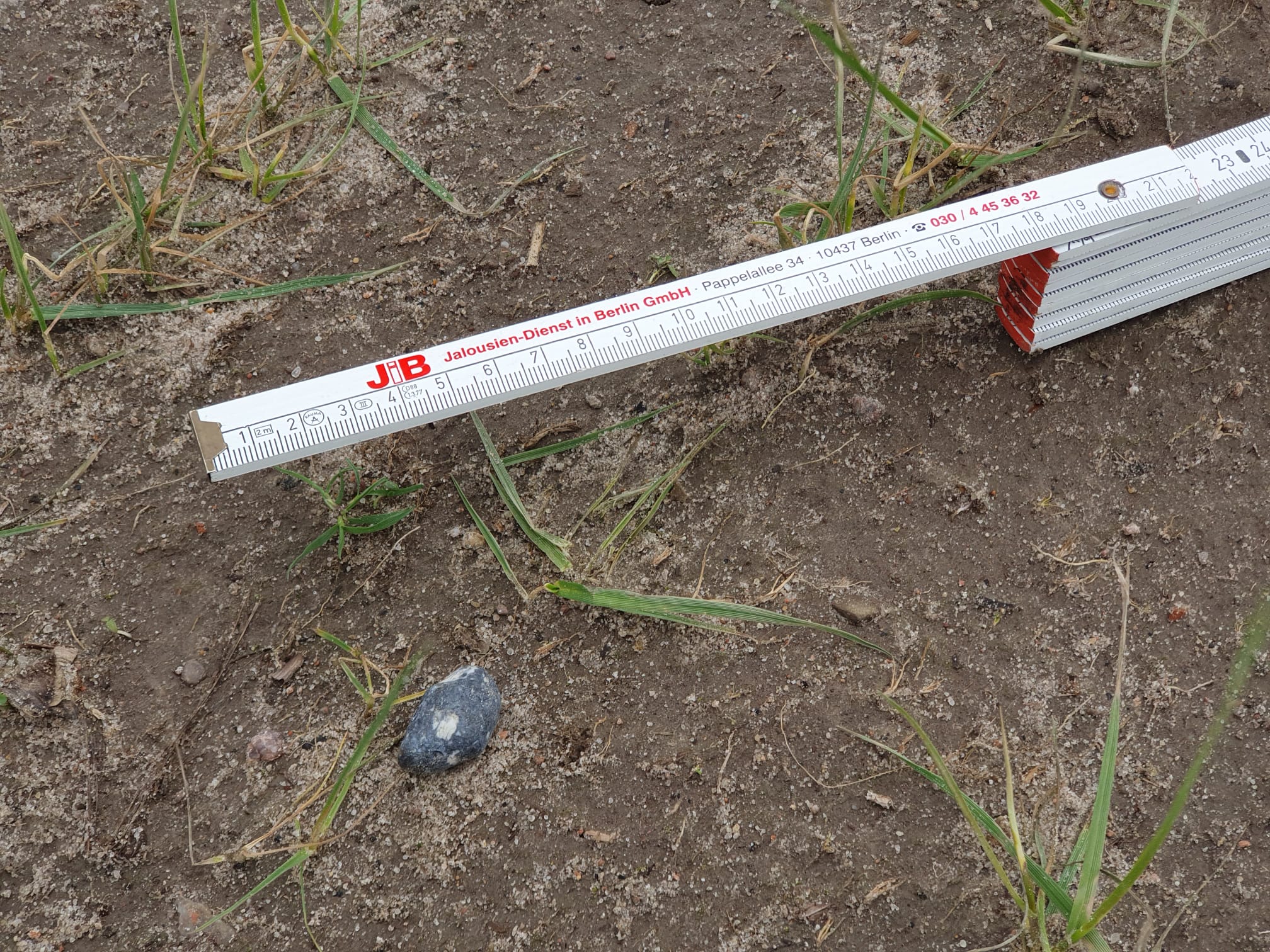Earlier this week, for only the eighth time ever, an asteroid that actually came with a rare 95-minute warning exploded in the sky over Germany and the hunt began for any potential pieces of meteorite that survived burning up in the atmosphere and fell to Earth. Now, researchers think they have found them.
Fragments of asteroid 2024 BX1 about the size of a walnut have been recovered by researchers from the Museum für Naturkunde Berlin and colleagues, and will be now examined to confirm they come from the celestial object. 2024 BX1 was only the eighth-ever object predicted to have a 100 percent chance of colliding with Earth.
The asteroid was first detected about three hours before impact. Krisztián Sárneczky at Piszkéstető Mountain Station of the Konkoly Observatory near Budapest, Hungary spotted it in the sky and reported the finding to the Minor Planet Center. This is the international system containing a database of all the small bodies that move through the Solar System. The data is then shared automatically with other astronomers.
This system is not fool-proof, as we have recently learned with the dangerous asteroid that never existed, but it’s better to have some false positives and catch all the real ones, too. Thanks to Scout, another automated system that tracks the trajectory of newly discovered objects, it became clear that asteroid 2024 BX1 was going to slam into Earth.

The meteorite as it was found on the ground.
Image Credit: Cevin Dettlaff
The bright fireball from the object was seen as far away from the Czech Republic. The fragments (if they survived the destruction of their parent body) were expected to fall west of Berlin, in Havelland where these small fragments have been found.
2024 BX1 had an estimated size of about 1 meter (3 feet), which isn’t even worth measuring in giraffes, so it did not raise any major alarm bells. Disintegration as it passed through the atmosphere was a certainty. But collecting the potential surviving pieces is very important. If they are caught early enough, then they will remain relatively unexposed to Earth, potentially providing almost pristine samples of asteroids – not as good as what missions like OSIRIS-REx brought back, but this was home-delivered.
Research on meteorites and sample retrieval missions are vital in helping us answer fundamental questions about the formation of the Solar System. Asteroid prediction systems are also vital for Earth’s safety, showing that a potentially threatening object that could cause some damage can be detected with time to notify or evacuate the affected population. There are still limitations to our planetary defense systems but in the last few years, there have been incredible strides forward in protecting humanity from possibly dangerous near-Earth Objects.
Source Link: Rare Walnut-Sized Chunks Of Meteorite That Exploded Over Germany Have Been Found